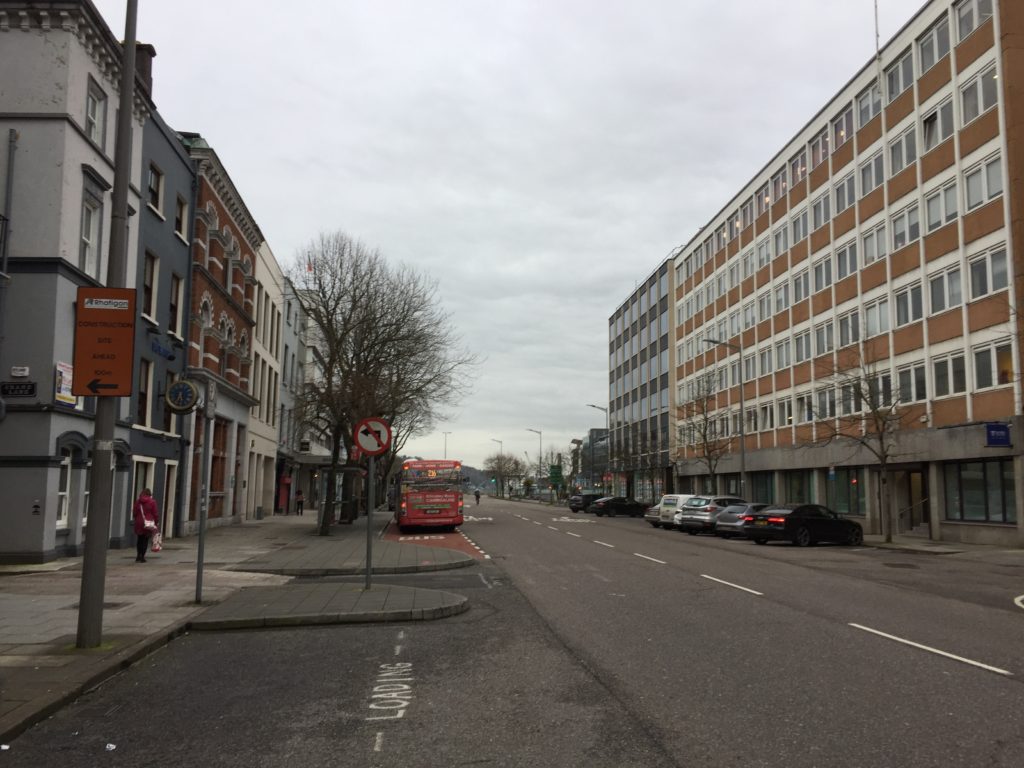
The streets of the world are empty yet again. The lights of business and trade have gone out, with no certainty over when they will be turned on again. In Ireland we’ve been restricted to travel within a 5 KM radius from home, and we’re prohibited from visiting other peoples’ houses. Bars and restaurants are shuttered. There are few places for us to meet in person, and when we do see others half our faces are obscured by masks. Only essential workers are allowed to go to work. The skies are closed, and we can but dream about travelling to foreign lands. Instead, every night we anxiously await the announcement of today’s confirmed cases, and listen with sadness as we hear of Covid related deaths.
We’ve been here before. Last March we had to endure the same thing, with even greater restrictions than now. Back then we could only travel 2 KM from home. The schools were closed, and what constituted essential retail was even more strictly defined. However, as long as we or our loved ones didn’t get sick there was a sense of novelty about the lockdown. It was a chance for us all to band together (while observing 2 metres social distancing) and collectively flatten the curve. Many of us found we had a lot of free time on our hands, which we used to bake lots of sourdough bread, catch up on Netflix, and exercise like we were training for the Olympics. And the heavens blessed us with glorious weather.
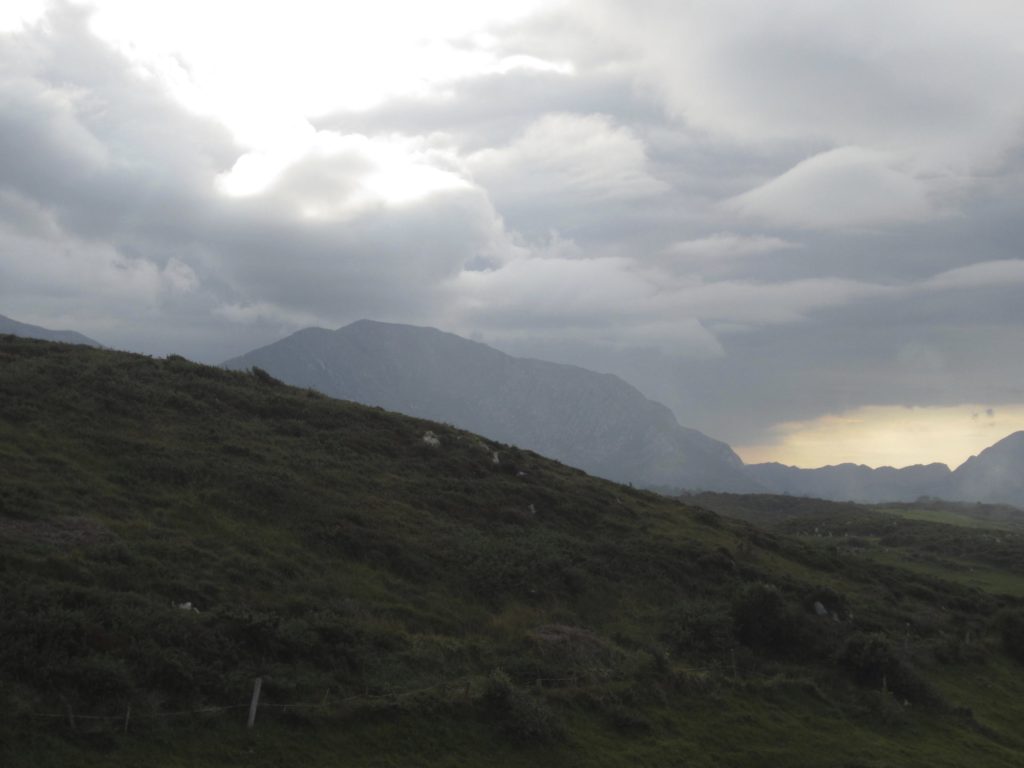
Not so now. The days are getting shorter and colder, and the chance to celebrate the festive season looks increasingly under threat if hospital numbers and ICU cases increase. Our mental health is starting to strain. The restrictions and increased sense of isolation is taking its toll. Our patience is wearing thin as we want to escape this new normal and get back to the way things used to be. It is especially challenging for the younger generation who find themselves being confined to close quarters just as they are beginning their own independent lives.
If we see the pandemic as a form of pilgrimage, these challenges can appear in a different light. The pilgrim is on a path of their choosing, but not of their making. They have made a deliberate decision to follow a certain course, knowing that it will prove to be physically and mentally demanding, but understanding that the challenges encountered en route will provide them with greater discipline of body, clarity of purpose, and peace of mind. They revert to survival mode, eschewing a life of plenty for one containing just the bare necessities, and they use their time on the road to make friends, visit interesting places, enjoy simple living, sort out their life’s priorities, or just be.
This Covid pandemic is not of anyone’s choosing, not unless you believe the conspiracy theories, yet we all have to live with it, and we still have to make the best of it. We cannot allow it to overwhelm us. Like a pilgrim on the long camino to Santiago, we must carry on when it seems as if we cannot go any further, and we must use the crises that occur along the way as opportunities for learning and personal growth. Life is not linear. The road twists and turns, often in ways we don’t anticipate or want. But, as every pilgrim knows, what gets in the way becomes the way, and we have to keep on walking regardless. The cavalry aren’t going to come to save us when times get tough. We can only do that ourselves. So let’s look at some of the insights from a time on the camino and see how they might help us navigate the pandemic path.
1. COUNT YOUR BLESSINGS
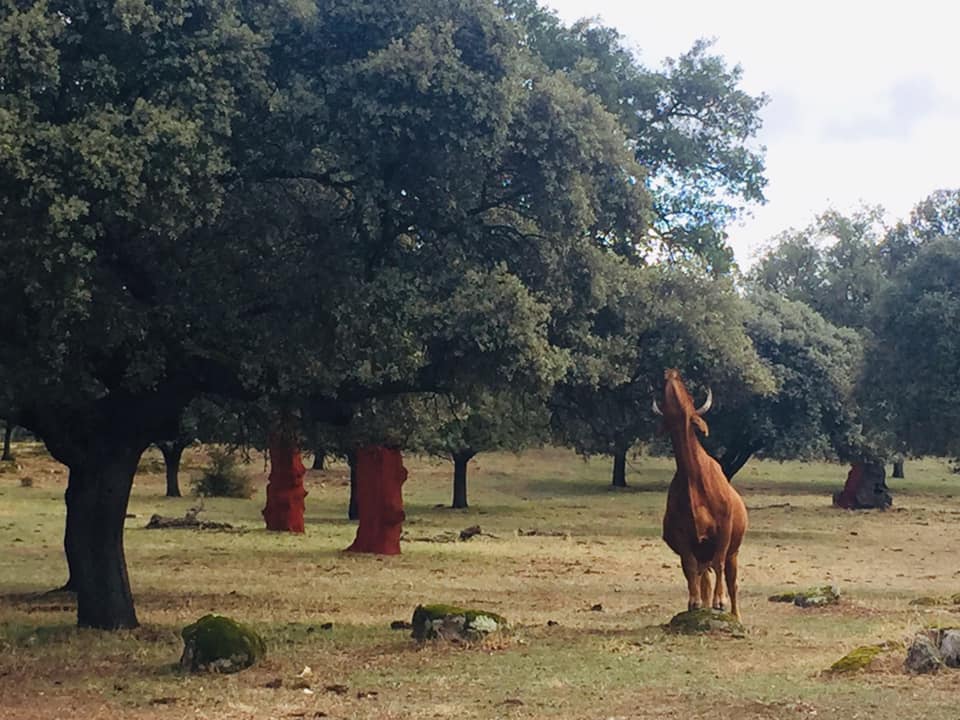
This has been the craziest year most of us have collectively experienced. We are living under house arrest, neighbour arrest at the least, and we’re facing an uncertain future. We’re all on the defensive against an unseen enemy, and any of us could its carriers or victims. Everywhere we go, or anyone we meet, could result in us becoming infected, so we have to be hyper cautious about the places we visit and the company we keep. Our work lives have been thrown into disarray. Lots of businesses have had to close temporarily, while many will not reopen again. For those who are sick, or whose loved ones have become afflicted, or who have lost their livelihoods, this is indeed a very difficult time.
But many of us have only been inconvenienced by the pandemic. No, we can’t meet up with family or friends as we did before all this started, we can’t go on foreign holidays, and we can’t go to the pub. We’re living more constricted lives than we’re used to, but there’s still a lot we can do. We can travel up to 5 KM from home for exercise purposes, so we can still improve our fitness. We can continue to work on our cooking, language, music and DIY skills, and we can catch up on all those books that we didn’t get around to reading during the first lockdown. (‘War and Peace’ anyone?) So, above all, we need to remain grateful for the blessings we still have in our lives.
The pilgrim lives with just the belongings they can carry on their person. Whatever food and shelter they receive comes in the form of gifts from the road. They survive with very little, and must be mindful of how important those basic necessities are to their well being. Every time we sleep in a comfortable bed, eat a filling meal, or wake up in the morning knowing that we have our health and our families are safe we have a lot to be grateful for.
As a mental exercise, consider a number of ways that your life could be worse. Think vividly about all the consequences that could follow if you lost your job, or if your health was seriously compromised. Then recognise that however bad things may actually be, they could always be worse. A lot worse. By appreciating how much many of us still have in these strained times, we can weather some of this Covid storm.
2. APPRECIATE YOUR SURROUNDINGS
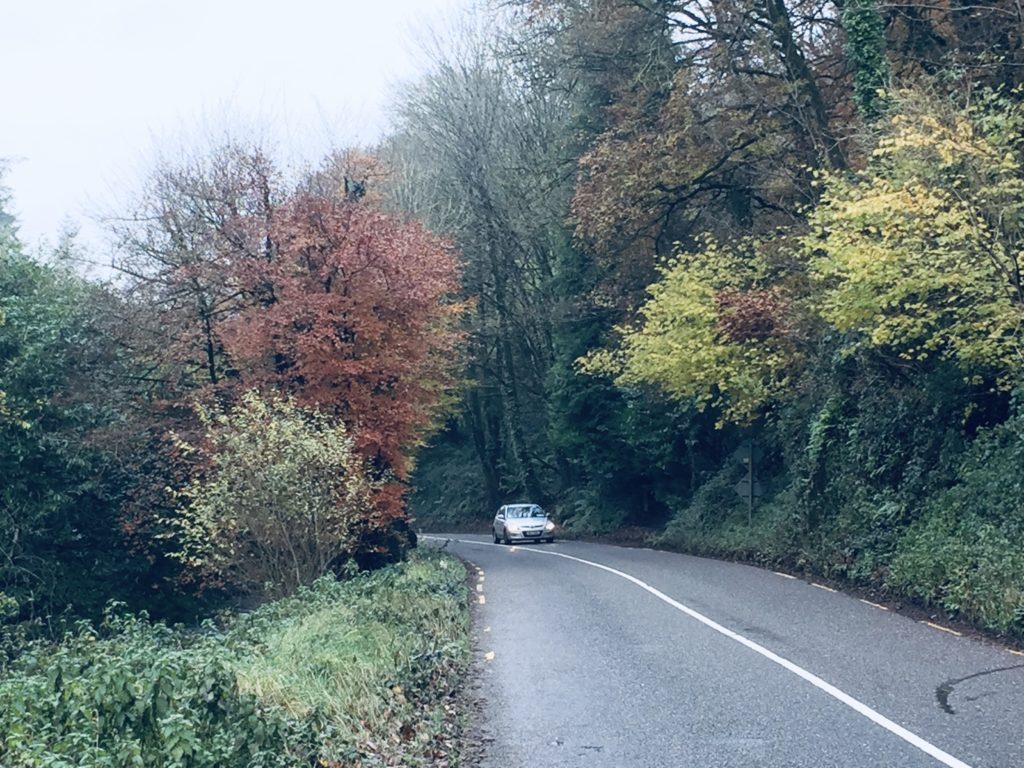
So many of us live so far inside our heads that we often ignore what is happening all around us. It’s inevitable that we will be struck with a lot of Covid anxiety, but fretting about things never solved anything. In fact engaging in the mental gymnastics of worry only distracts us from where we happen to be at the time. I often found my thoughts wandering far from the path as I ploughed through the Spanish countryside. When I became conscious of this I would stop and deliberately take note of five things around me. That might be the branch of a tree, the chirping of a bird, the sound of a forest stream or the texture of a leaf. Those were the things that were real. What was in my head was not.
Try to practice that in your own surroundings. Go outside and enjoy the autumnal colours, feel the leaves crunch (or squelch) under your feet, and appreciate the long shadows of the afternoon. Noticing what’s in your immediate field of vision will help allay fears and worries. Covid is not going to go away anytime soon, and the nightly numbers of new infections will fluctuate, leading to waves of hope and anxiety, but apart from taking the usual precautions most of us are largely powerless to do anything about it. Instead, immerse yourself in the world you inhabit. It has an infinite variety of small pleasures waiting to be sampled. Take time to pay attention to these. Your immediate environment is a reality you shouldn’t ignore as it’s the only place were you’ll always be.
3. ENJOY BEING OUT OF YOUR COMFORT ZONE
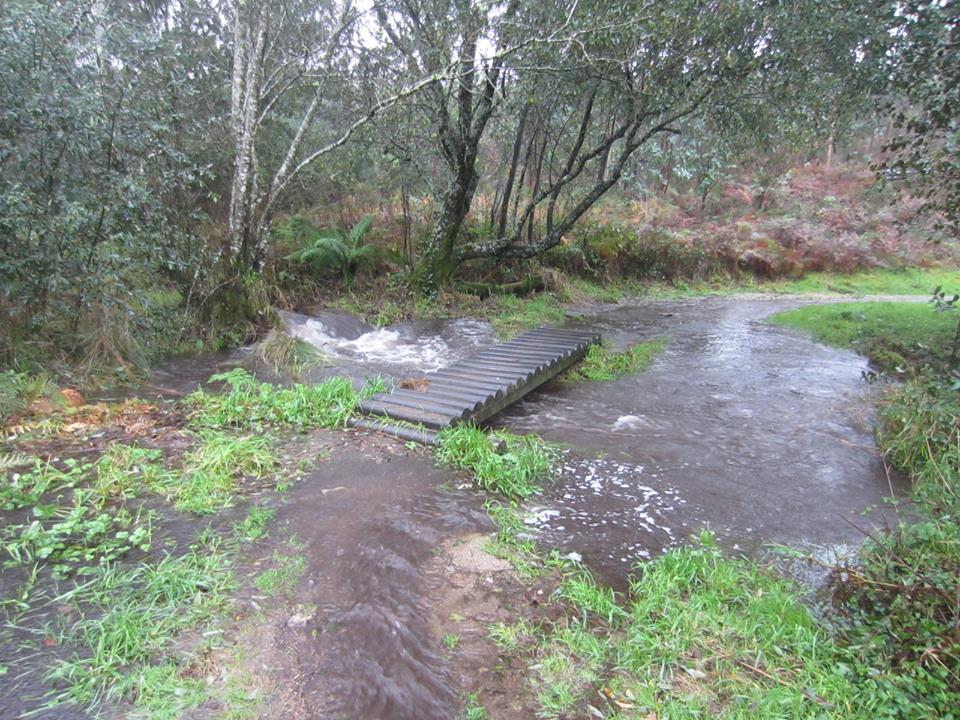
Consider the plight of a pilgrim: What sane person would want to cram all their possessions into a backpack and walk across the wilds of Spain, cohabiting in cramped conditions with strangers, eating simple and meagre portions food, forgoing all luxury, pushing their bodies to the limit every day, and enduring frequent spells of discomfort and inconvenience? Yet every year tens of thousands of people sign up to do just that. No one ever regrets doing it, and many return to walk the way again and again. No one who has travelled along the camino dwells on the moments of difficulty or adversity. Instead they see those times as occasions where they had to dig deep into the depths of their resolve and find the strength and determination to continue on their journey.
A walk of 33 KM in driving, apocalyptic rain is an experience few would cherish, yet I had to endure such a day as I once walked towards Finisterre on Spain’s northwestern coast. Finisterre translates as ‘the end of the world’, and such a title could not have been more appropriate given the weather. The Gods were angry that day. The rain lashed down with a heavenly terror, penetrating my rucksack and clothes and flooding the roads to a point where the waterproof protections on my boots became redundant. Delirium and insanity started to make their menacing presence felt as I swam along that lonely rainswept road. There was nowhere to seek shelter, and no one to save me from such a climactic battering. Was this a pleasant experience? Hell no, but in the aftermath I did appreciate how infinitely rewarding such simple things as a hot shower or a dry pair of socks could be. More importantly, I discovered that if I was able to survive my journey to the end of the world, no other obstacle I might encounter would be insurmountable
Covid has forced us all to wade through rivers of fear and uncertainty. It is easy to want to curl up in a ball and wish it all away. But maybe it might be better to take a stand against the adversity and use it as a chance to develop resilience. It is only at the fringes of comfort and security that real opportunities for personal growth emerge, and now is the perfect time to truly test your character. Embrace the uncertainty of the current times. You’ll discover your resilience when you step out of the shadows of fear and get out of your comfort zones. It’ll show you what you’re made of and what your potential truly is.
A few years after I completed my epic march in nihilistic rain I was walking along the same path again. Each feature of that trail had been burned into my mind, as there is nothing that makes you more aware of your immediate surroundings than a biblical soaking. I approached that stretch of road with an understandable degree of apprehension, but deep down I hoped that the heavens would open again. The Gods didn’t disappoint. Taking a leaf out of Gene Kelly’s book, I decided to sing in the rain. And if you haven’t seen that film, you have no excuse now that we’re back in lockdown.
4. GO FOR A WALK
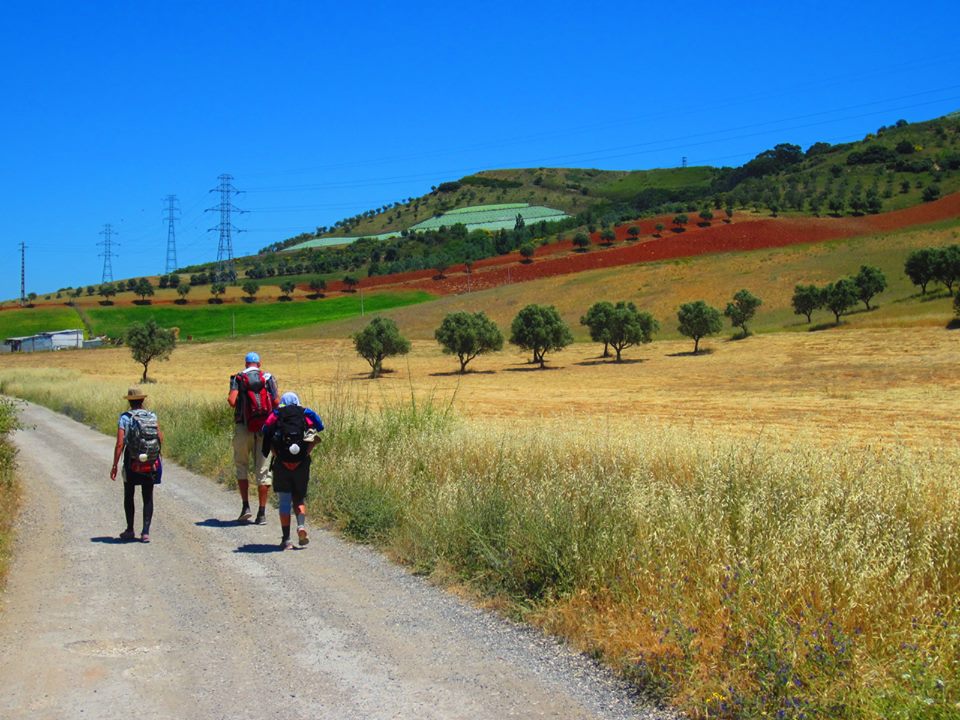
The camino is about many things; personal and spiritual development, coming to terms with loss or disappointment, starting life anew, or seeking out adventure in new lands. But the camino is ultimately about walking. Every day you walk, be it for four, five, six or more hours. Whatever the weather, you walk. However you feel, you walk. Wherever you are, you walk. The camino is an organised pilgrims’ path that provides shelter for people who are on a long journey, but, metaphorically speaking, we’re all on that long journey. It’s called life.
Walking is one of the easiest and cheapest forms of exercise. Most of us have been doing it since we were about a year old. Although we’re currently restricted to exercising within 5 KM from home, inside those boundaries we can build up our step count considerably. Walking is great for our physical and mental health, and such an accessible form of exercise can help us fight off the winter and Covid blues. A walk will clear your mind, allow you to ruminate on a problem, alleviate anxiety and frustration, and improve your cardiovascular health. If the camino is a long walk that people take to solve big personal and existential problems, a shorter daily stroll in the neighbourhood will help you tackle the associated lockdown dilemmas and quandaries that each of us currently face.
Get outside in the morning and enjoy a brisk stroll in the crisp air, or wrap up well and properly stretch your legs in the chilly autumn evenings, but whatever you do keep on walking.
5. THE SUN WILL COME OUT TOMORROW
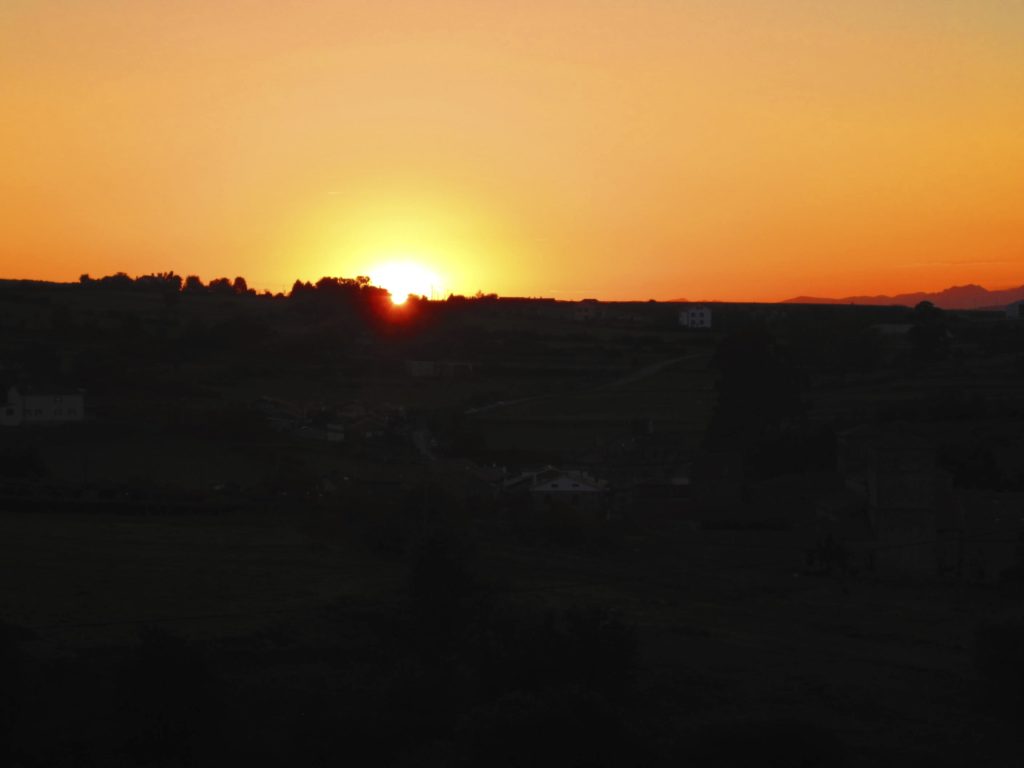
With many people in danger of losing jobs or businesses, or being unable to celebrate Christmas with family and friends, it seems strange to think that there might be a silver lining in this lockdown. We still don’t know if a vaccine will provide the key to killing off Covid, but this pandemic will definitely end someday. It’s just a question of when. We must awaken to the possibilities that the post Covid world will bring to each of us individually and collectively. As Winston Churchill said, “Never let a good crisis go to waste.” It’s time to start planning for a brighter tomorrow.
As we walk the camino, many of us are looking for answers to monumental questions: Where are we going in our lives? What do I want to do for a living? Do I want to spend the rest of my days with this person or not? Is blue a good colour for the bathroom? By the time we get to Santiago we may have figured out what we intend to do, or we may at least see the way towards further insight. Over the last few months many of us struggled with the same questions. Now in the midst of the second wave, we may hopefully have come up with answers. We may decide it’s time to quit the job we have to spend more time with the family, or start that business we always wanted to, or move to the countryside now that we can work from home, or do any number of things that will improve our lives in countless numbers of ways. Now is the time to start putting those plans into action. But you should have already decided what colour to paint the bathroom, and you should have finished that job back in April.
Hard times create strong people, and strong people create good times. Historically, every pandemic has been followed by a period of prosperity. That is scant consolation for the many who are now suffering, but it just goes to show that there is always a brighter tomorrow just over the horizon. Let us all take positive messages from the tough lessons we’ve learned during the last few months and try and build a better world than the one we’ve been forced to leave behind.
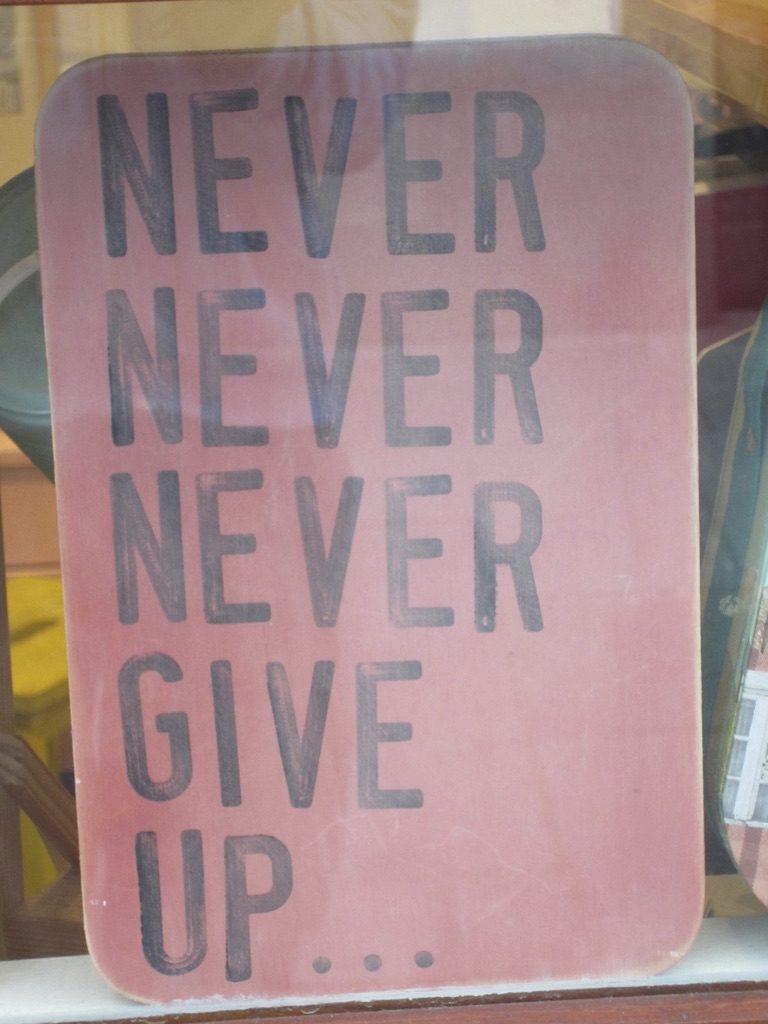
So get up early, maintain a productive routine, keep moving, eat healthily, don’t despair, stay the course, plan for the future, keep the faith, wear a mask and keep on going no matter what.
Buen camino, peregrinos.
Bonus time in lockdown for you to write this comparative and encouraging point of view. Also a bonus for your readers and other pilgrims to see that there are different ways to look at the lock down and that many people will find positive outcomes. Our thoughts and prayers go out to the many who do not share the positive experiences, as we know that some really suffer.
Thank you for sharing your unique perspective.